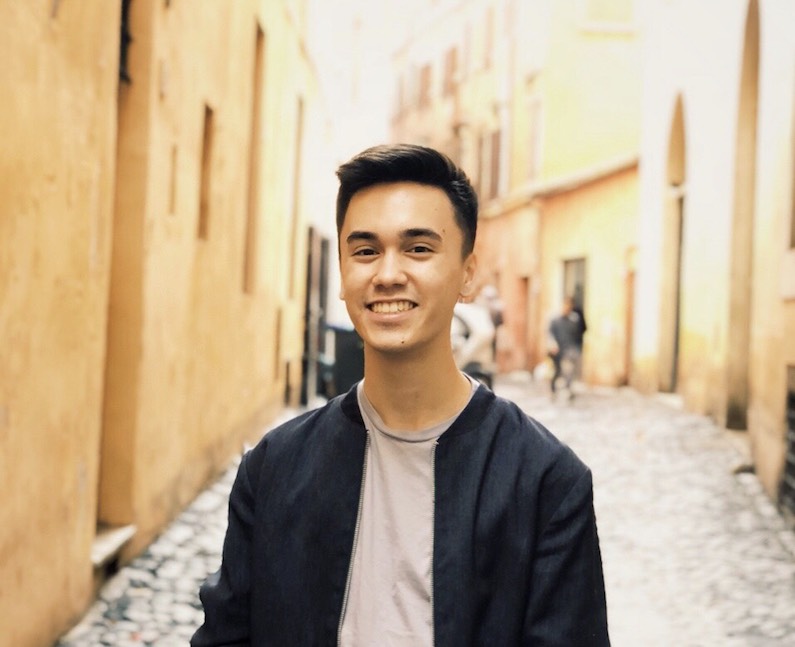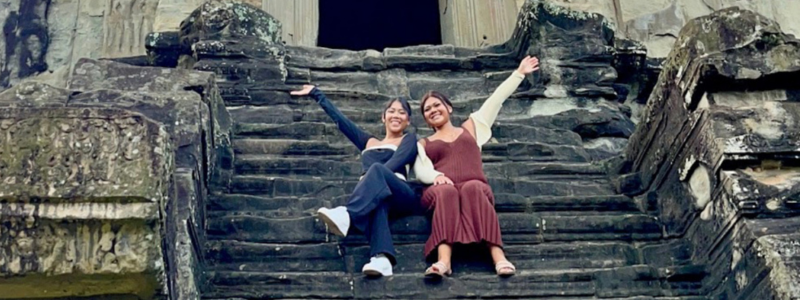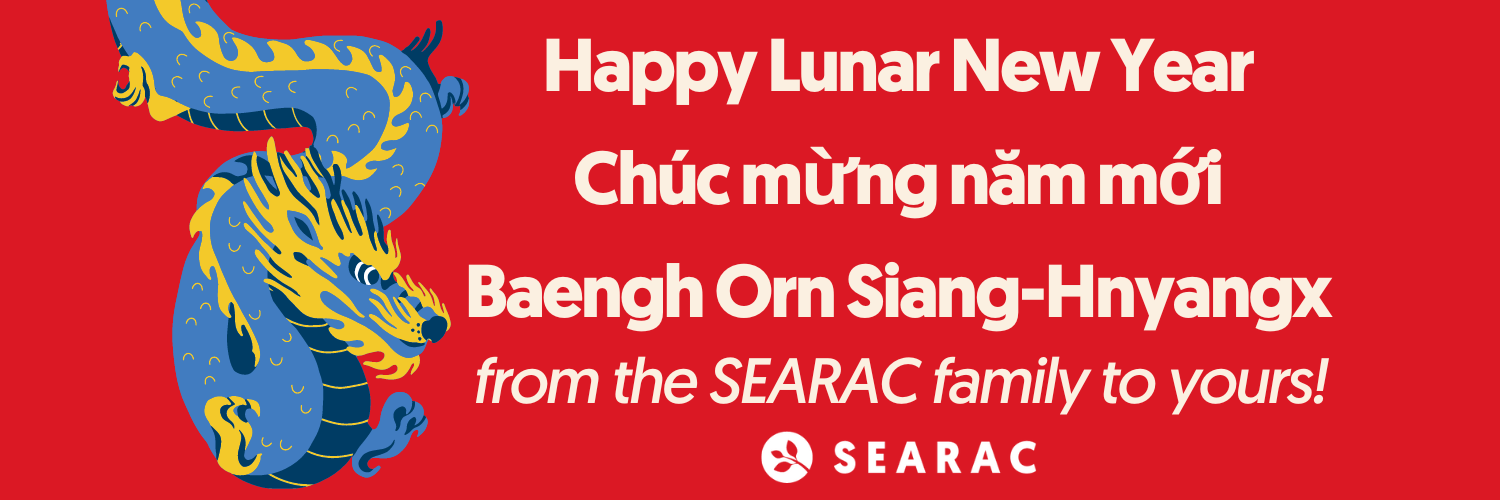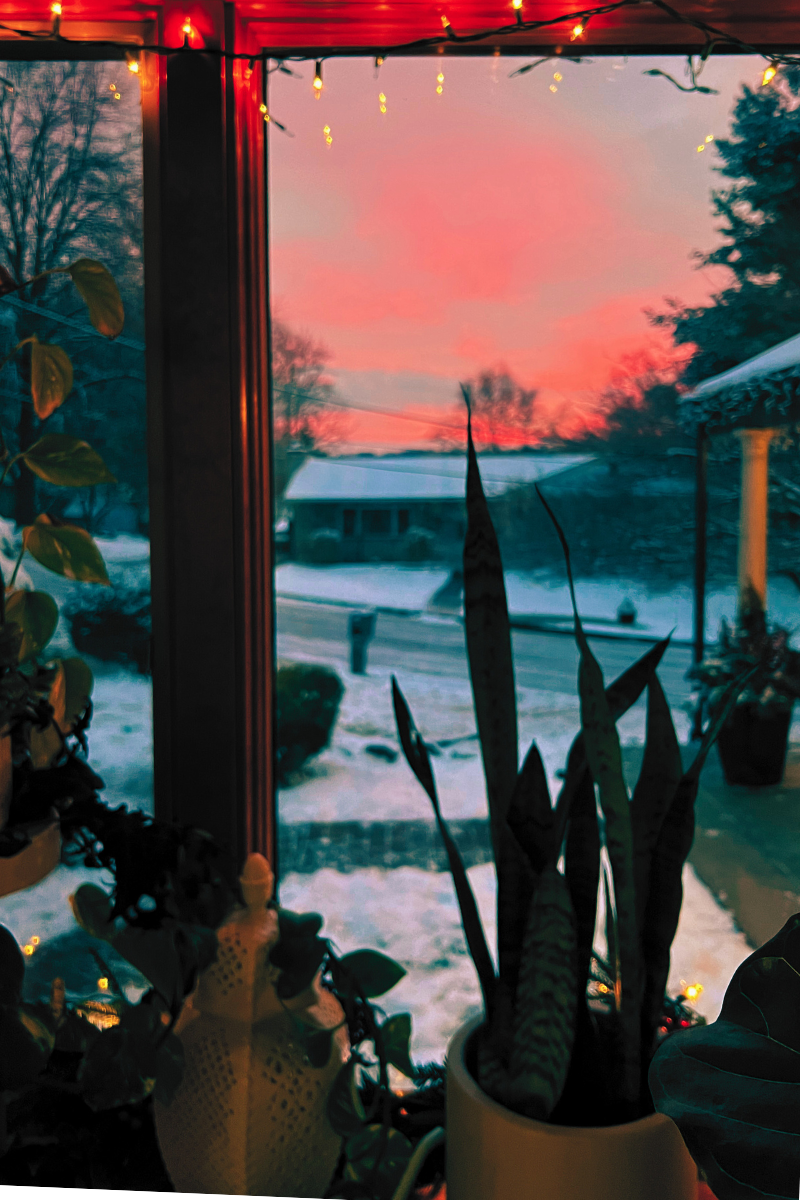June 6, 2018 IN: Our Voices, Staff Blog
Finding Community, Finding Myself

I have always known my culture to be the smell of thịt kho and nước mắm emanating from the kitchen, red envelopes during Tết, and navigating through the countless honorifics that I have to call my family members. However, growing up as a Vietnamese American in a predominantly white, conservative area of the Midwest taught me that my history and culture were nothing more than a moment of war and containment in American history. I had no idea that a Southeast Asian, or even Asian American, community consciousness existed when I was younger because, from what I knew, my family was the only Vietnamese family in sight.
When I started college, my education became a safe haven for me, primarily through ethnic studies. For the first time, I had the opportunity to learn about my heritage in an institutional setting without feeling the need to cast aside my feelings and personal connections to the curriculum. Yet, when taking courses related to my heritage outside of the relative safety of ethnic studies, I was faced with biased professors, shocking images of death and destruction without warning, and again the reduction of my culture and history to a legacy of war. I was told by white professors that “Vietnamese people have no concept of democracy,” have “weird names,” and that “Boat People and their children walk these halls among us” as if we are some kind of curiosity. Being a first-generation college student and often the only Vietnamese student in the classroom, I did not know how to support myself or access the resources available to me.
Because of our lack of institutional support in both public and private educational systems, I started to work on community capacity building and social justice education with my peers in college and high school. Seeing the spirit and confidence that we gained from being able to learn and unlearn, love and resist, and be in community with each other has only strengthened my drive to empower minoritized communities and my desire to advocate for increased educational opportunities.
Today, I’m proud to recognize my refugee roots as a Vietnamese American and embrace my community wholeheartedly by advocating for the advancement of my Southeast Asian American peers. We cannot discount the critical importance of instilling a sense of worth and confidence in our students by tailoring our educational system to the needs of individual students and communities. In our schools, we need ethnic studies options for students to learn about themselves and those around them and curricula that represent our students well. We need accurate snapshots of our community created through data collection and storytelling. We need culturally sensitive educators, professionals qualified to assist our English language learners, college and career readiness programs, and a government that prioritizes our education.
For my family, our education has meant an opportunity to rebuild, to grow, and to share our stories. For Southeast Asian Americans, our education can help us overcome and honor our history, one replete with both struggle and triumph.
Luke Kertcher is SEARAC’s summer field and outreach intern. He is currently a senior at the University of Pennsylvania, where he is studying international relations with a minor in Asian American studies, as well as a graduate certification in human rights.





